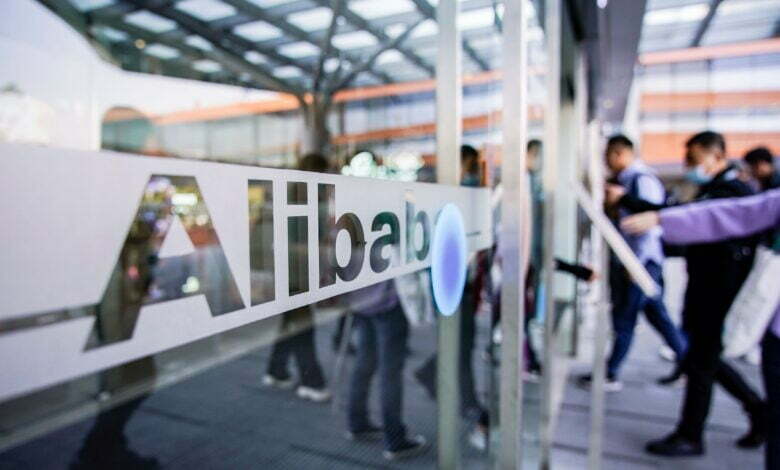
Alibaba shares fell 11% after the report. What happened?
In the second quarter, which ended on September 30, the retailer’s profit fell by 81%, revenue growth from electronic platforms slowed down, and the company also lowered its sales forecast for the year. Core revenue is not growing. Alibaba’s (BABA) revenue grew by 29%, to 201 billion yuan, or $ 31 billion.
It is less than the 205 billion that analysts expected. In many ways, revenue increased due to the consolidation of sales of Sun Art. Alibaba bought this hypermarket chain from Auchan in October last year. Excluding Sun Art, revenue would have grown significantly less — by 16%, to 180 billion. In the critical commercial segment, revenue increased by 31% to 171 billion. The feature includes retail and wholesale sales in China and abroad, the income of hypermarkets, logistics services, etc.
Here Alibaba earns from advertising and commissions charged to sellers and buyers. And this income grew by only 3%. For comparison: last quarter the growth was 14%, a year ago – 20%. All because of “new players in the Chinese e-commerce market and slowing market conditions,” Alibaba says in the report. Probably, the company is referring to the slowdown in the growth of the Chinese economy.
In the third quarter, the country’s GDP growth was below expectations: 4.9 against 5.2%. It could also affect consumption. Some analysts also note a slowdown in the growth of online retail sales in China. A good example. Alibaba’s sales on the Bachelor’s Day on November 11 increased by 8% compared to last year. It is the slowest growth rate since 2009. For example, in 2020, these sales increased by 26%.
Alibaba puts all this into its weak forecast. The company lowered its revenue growth forecast for 2022 from 30% to 20-23%. But in the cloud segment, the situation is slightly better. Here, sales increased by 33%, to 20 billion. The operating loss decreased from 5 billion to 2 billion. Investments reduce profits Alibaba’s profit fell by 81%, from 28.8 to 5.4 billion yuan. Adjusted profit on ADR fell by 38% and was less than expected: 11.2 against 12.36 yuan. Profit decreased for a variety of reasons.
For example, the company paid more taxes and lost some money on investments in shares of other companies. For a more accurate assessment of its results, Alibaba calculates adjusted EBITA – adjusted earnings before interest, taxes, and depreciation. This indicator excludes non-operational and non-monetary items. Even with various adjustments, adjusted EBITA fell by 32% to 28 billion. It is because of “strategic investments,” Alibaba says. The company invested 12.5 billion in its services, which affected its profit and profitability.
Alibaba is probably planning to increase its market share. Or perhaps it is an “investment for the benefit of universal prosperity.” At the end of August, the Chinese President called on large companies to share with society: invest in jobs, economic development, and support vulnerable groups of the population. As a result, Alibaba has promised to invest 100 billion yuan, or $15.5 billion, by 2025. And if this is the case, then in the coming quarters, the Chinese giants will still “please” investors with a decrease in profits and margins.
Stocks are falling. If investments can still explain the decrease in profits, then the slowdown in the growth of digital sales and a weak forecast is much worse. After the report for the day, Alibaba shares fell by 11% to $ 143.6. not much higher than the multi-year low of $ 140, which traded the securities in early October.
Alibaba shares have been in a bearish trend since the end of last year. Then the Chinese authorities called the company a monopoly and later issued a fine of $ 2.8 billion. Chinese regulators interfered with other companies like DiDi, TAL Education, and Tencent during the year, affecting Alibaba shares.